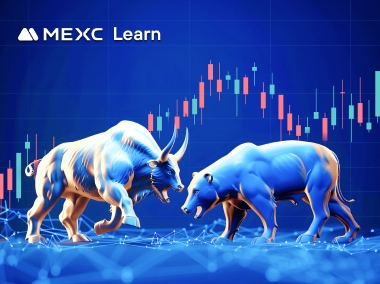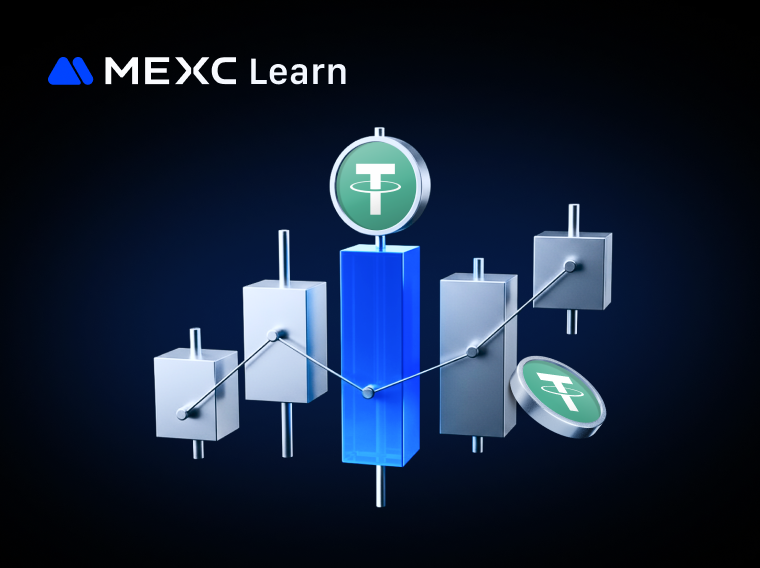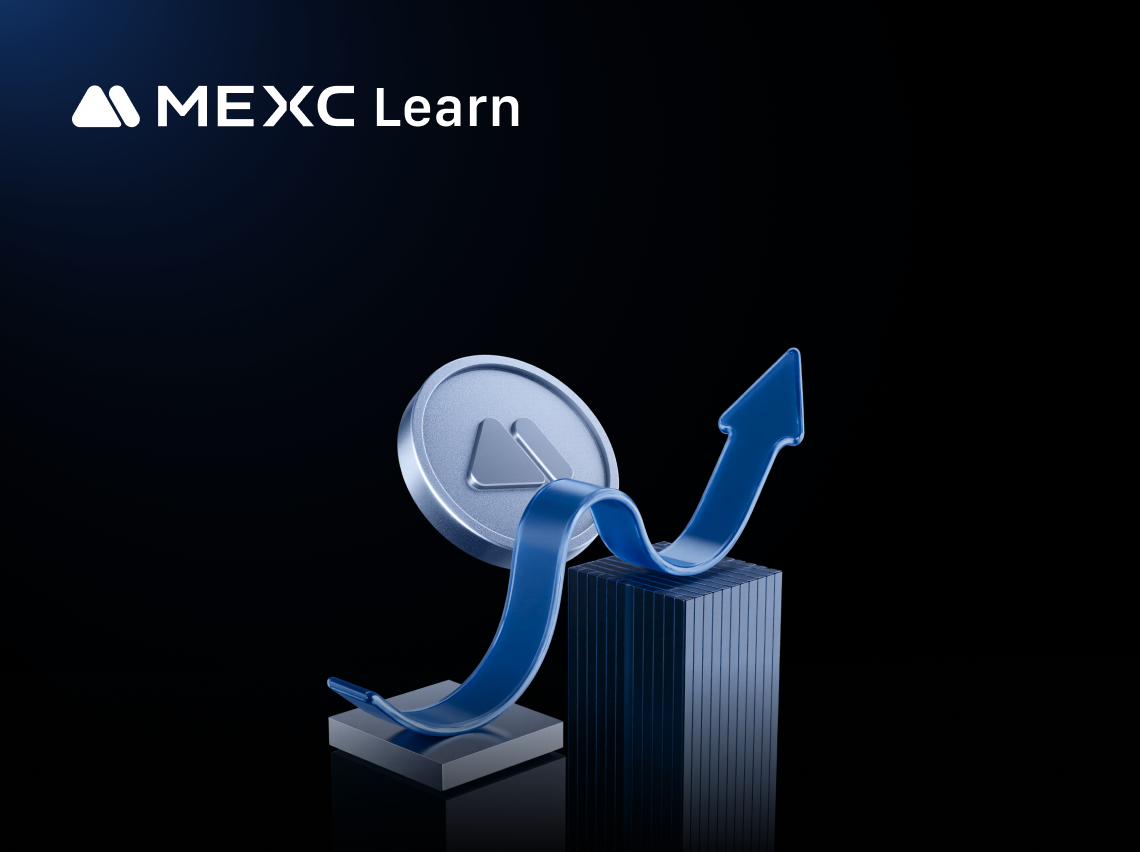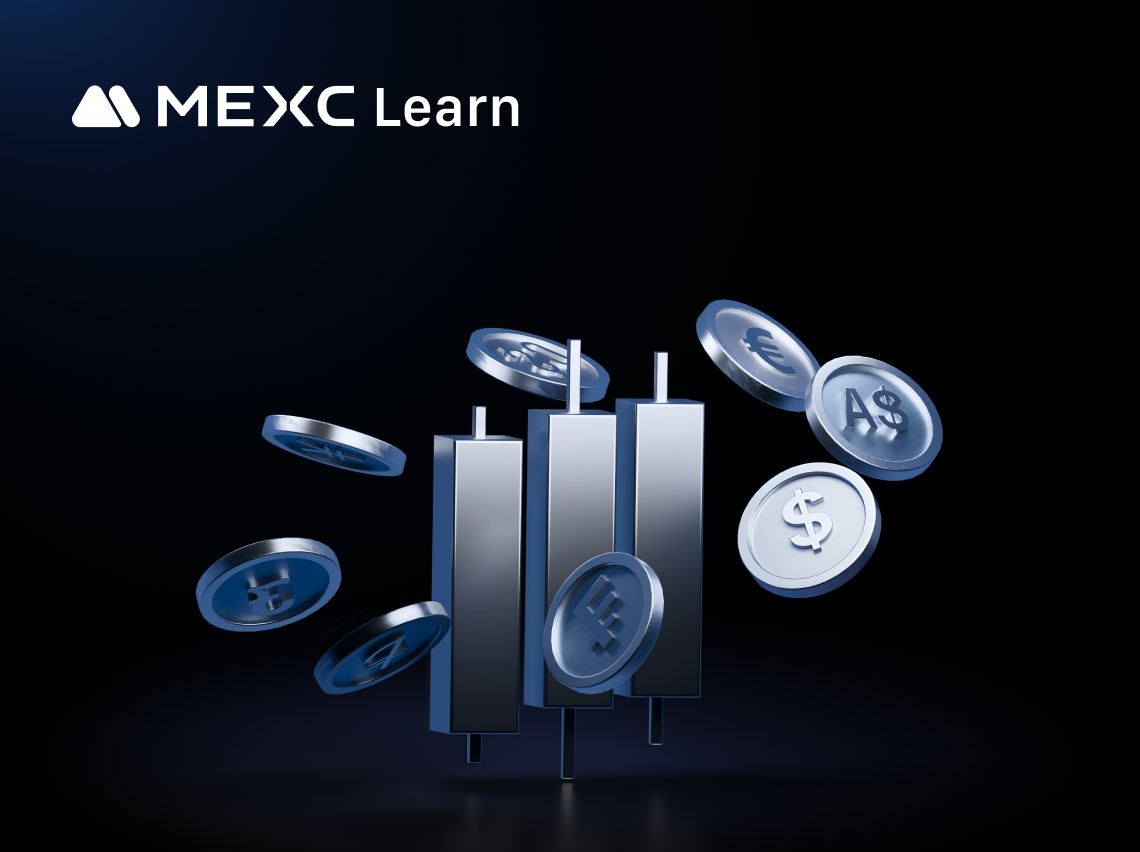Basic Knowledge of Liquidity
1. What is Cryptocurrency Liquidity?
2. How to Assess Liquidity
3. Factors Affecting Liquidity
Popular Articles

US Stocks Rally as Jan CPI Hits 2.4%: Why the Fed Pivot is Now in Play
The "Soft Landing" is no longer a dream—it is the data.On Friday, the US Bureau of Labor Statistics (BLS) released the January 2026 CPI report, delivering exactly what Wall Street bulls wanted: Cooler

Gold Analysis: Why It's the "Ultimate Credit Asset" & How to Trade on MEXC
For decades, modern portfolio theory dismissed Gold as a "zero-yield" relic. Wall Street argued: why hold a heavy metal that pays no dividends when stocks and bonds offer cash flow?But as Spot Gold (X

Amazon (AMZN) Enters Bear Market: Why Wall St Is Selling & How to Short 24/7
Amazon (AMZN) Enters Bear Market: Why Wall St Is Selling & How to Short 24/7When the closing bell rang at the NYSE this Friday, the ticker $198.79 wasn't just a price—it was a warning signal.Amazon.co

How Tether Maintains Its 1:1 Peg: Mechanics of USDT Reserves
Tether (USDT) is a stablecoin pegged 1:1 to the US Dollar, meaning each USDT is backed by an equivalent amount of reserves. Tether maintains its peg by holding a mix of fiat assets, cash equivalents,
Hot Crypto Updates
View More
META Stock vs METAON vs METAX: What You Really Own When You “Buy Meta”
Meta Platforms sits at the crossroads of advertising, AI, and consumer attention—three forces that can feel intangible until you watch them crystallize into cash flow. But in 2025–2026, a new twist

BABA Stock Price Performance & Prediction (2026–2030)
BABA stock price is often analyzed as a mix of company fundamentals and China macro sentiment. Over time, Alibaba stock prices tend to follow a few repeatable drivers: earnings power, free cash flow,

HIPPO (SUDENG) On-Chain Dynamics: Wallet Distribution, Flow Patterns, and Market Behavior
HIPPO (SUDENG) continues to establish itself as a key meme token within the Sui ecosystem, with ongoing community participation and active liquidity rotation shaping its price performance.

What is SCARCITY? An Introduction to Digital Assets
What Exactly is SCARCITY and Why Should You Care? SCARCITY is a blockchain-based cryptocurrency that powers the SCARCITY decentralized social media platform. Launched to address the challenges of
Trending News
View More
Why Is Data Logging Important for Flow Meters?
Flow meters play a critical role in measuring the movement of liquids, gases, and steam across a wide range of industries. From water treatment plants and oil refineries

Bitcoin steadies as ETF flows, halving frame ATH outlook
We assess the Bitcoin all-time high claim as spot ETF inflows, halving cycle, and positioning, funding rates and open interest, shape timing, per flow data.Read

Bitcoin holds $70k as CPI cools; ETF flows in focus
Bitcoin price holds near $70,000 support as CPI cools and risk appetite improves; according to flow data, spot Bitcoin ETF flows and positioning guide tone.

“C2B” Creator-to-Business Models Redefining R&D and Marketing in 2026
For decades, the standard flow of commerce was B2C (Business-to-Consumer): a company designed a product in a secret boardroom, manufactured it, and then pushed
Related Articles

What are Smart Contracts?
The concept of smart contracts didn't originally emerge in the context of blockchain, but was defined by computer scientist and expert cryptographer Nick Szabo in 1994 as a series of commitments in di

What are Miner Fees and Gas Fees?
1. What are Miner Fees and Gas Fees?Gas is a unit of measurement in the Ethereum protocol. It quantifies the computational and storage resources required to execute specific operations on the Ethereum

What is Decentralized Finance (DeFi)?
In 2020, DeFi began to flourish, and in 2021, DeFi Summer ignited the market. In 2022, the total value locked reached a historic high of $219.47 billion. So, what exactly is decentralized finance?1. W

What Is Launchpool?
MEXC Launchpool is an event platform that enables users to earn airdrops of popular or newly listed tokens by staking designated tokens. Staked tokens remain redeemable at any time, and users receive
